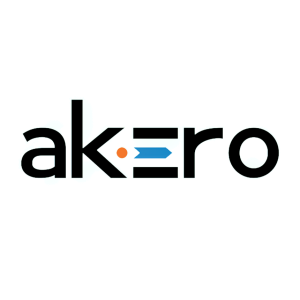Akero Therapeutics Insider Filing: 30,000-Share Sale by CEO Cheng
Rhea-AI Filing Summary
Akero Therapeutics (AKRO) – Form 4 insider transaction
President & CEO Andrew Cheng reported two open-market sales on 10 July 2025 executed under a previously adopted Rule 10b5-1 trading plan dated 16 Aug 2024.
- 14,686 shares sold at a weighted-average price of $50.57.
- 15,314 shares sold at a weighted-average price of $51.732.
- Total shares sold: 30,000; estimated gross proceeds ≈ $1.53 million based on disclosed averages.
- Post-sale direct holdings: 520,757 common shares (down from 550,757), indicating the CEO retains roughly 94% of his prior stake.
No derivative securities were involved. The filing notes that detailed trade-by-trade pricing is available upon request.
While insider sales can signal caution, the modest size (about 5.5 % of Cheng’s holdings) and the existence of a pre-arranged plan reduce potential negative interpretation. There are no indications of material changes to Akero’s operations or outlook within this filing.
Positive
- Rule 10b5-1 plan adoption shows proactive compliance, reducing litigation and perception risk.
- CEO retains over 520k shares, preserving strong ownership alignment with investors.
Negative
- Insider sale of 30,000 shares may be perceived as reduced confidence, albeit modest.
- No accompanying disclosure clarifies use of proceeds or future trading intentions.
Insights
TL;DR: CEO sells 30k shares (≈$1.5 m) under 10b5-1 plan; impact neutral.
The transaction represents a small fraction of Dr. Cheng’s position and was executed through a pre-scheduled plan, limiting signaling value. The remaining 520.8k shares align management incentives with shareholders. No operational data or guidance change accompanies the sale; therefore, it should not materially affect valuation or sentiment absent other news.
TL;DR: Planned sale adheres to governance best practices; low risk.
Use of a Rule 10b5-1 plan adopted well in advance demonstrates procedural compliance and mitigates concerns about informational advantage. The CEO’s continued sizable ownership supports alignment. From a governance lens, the filing is routine and not indicative of unrest or strategic shifts.







